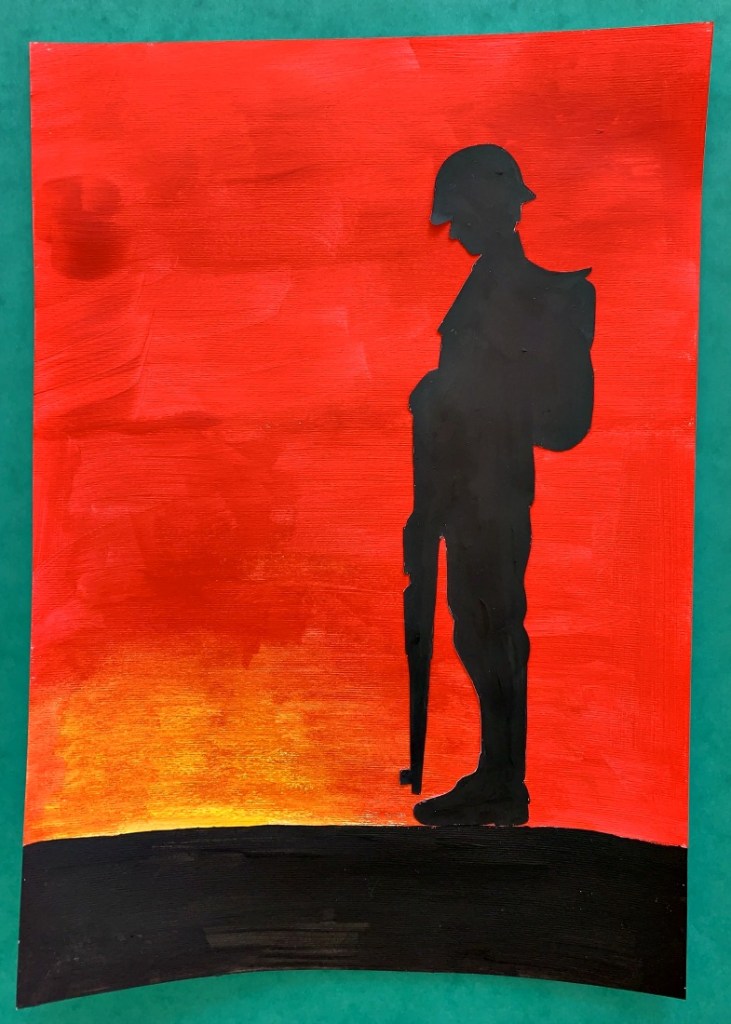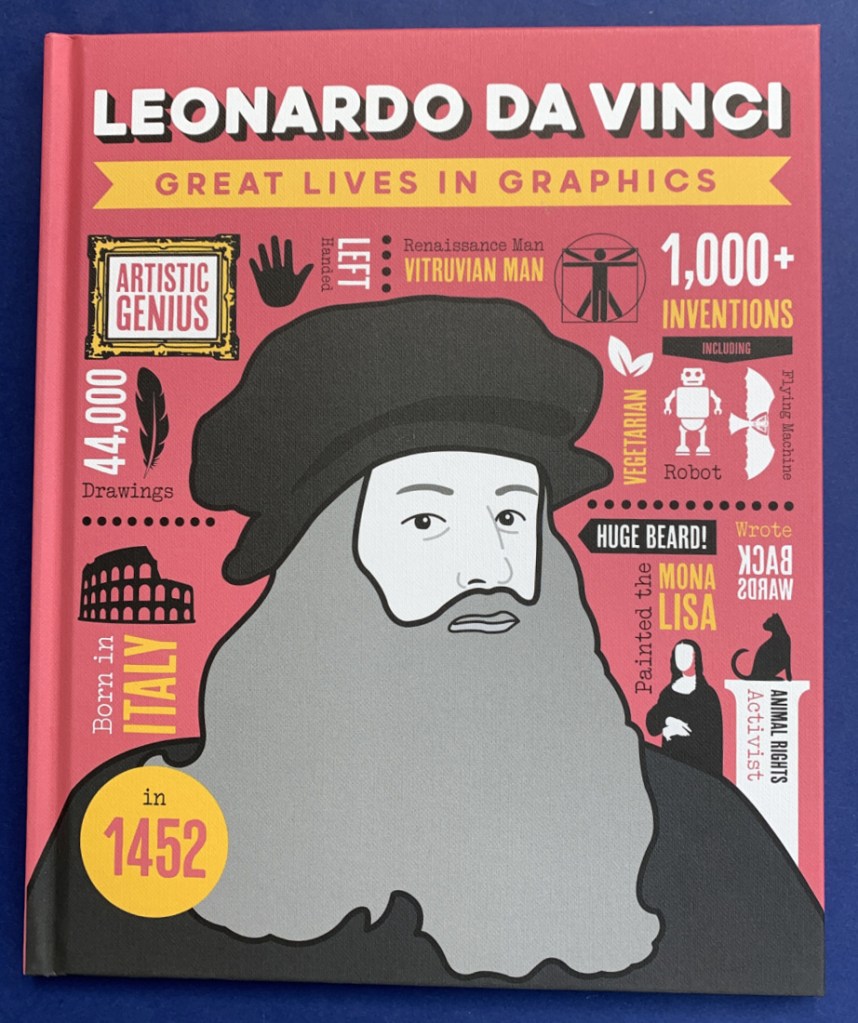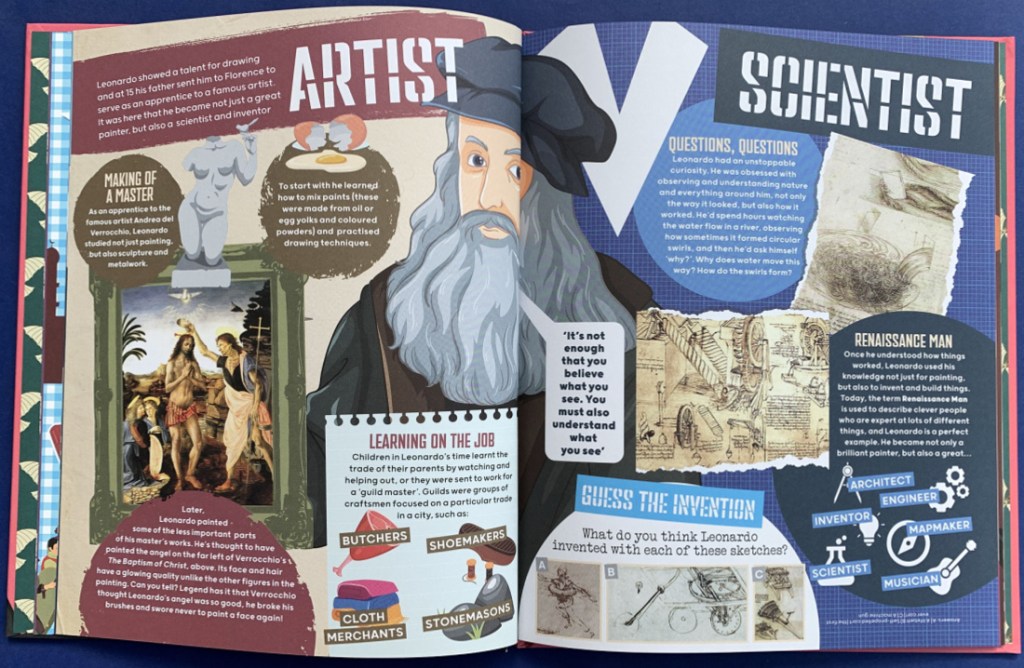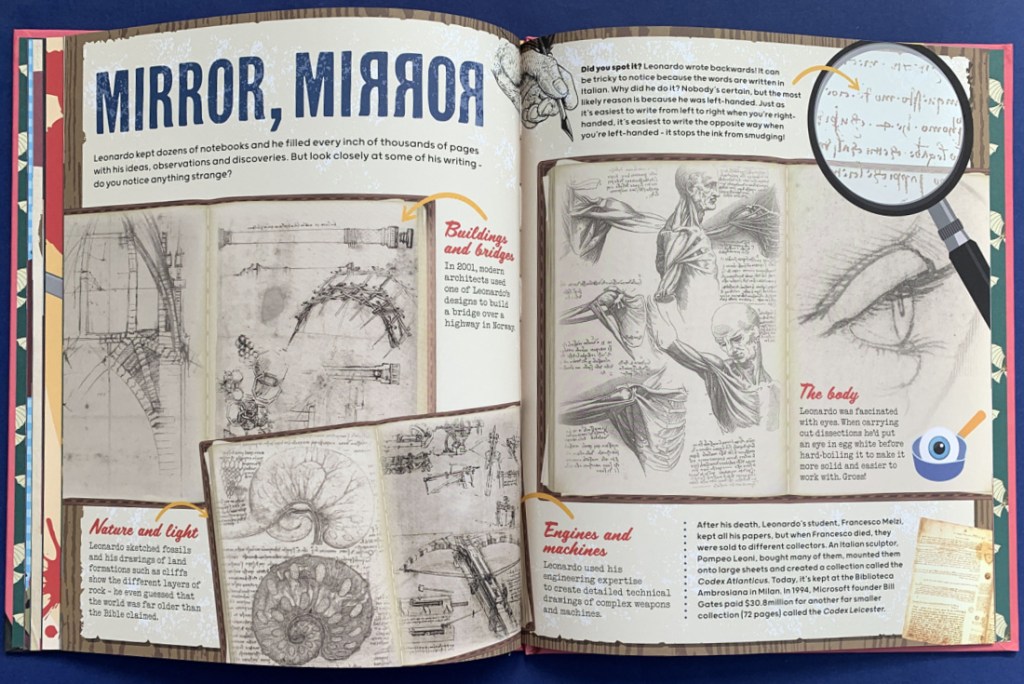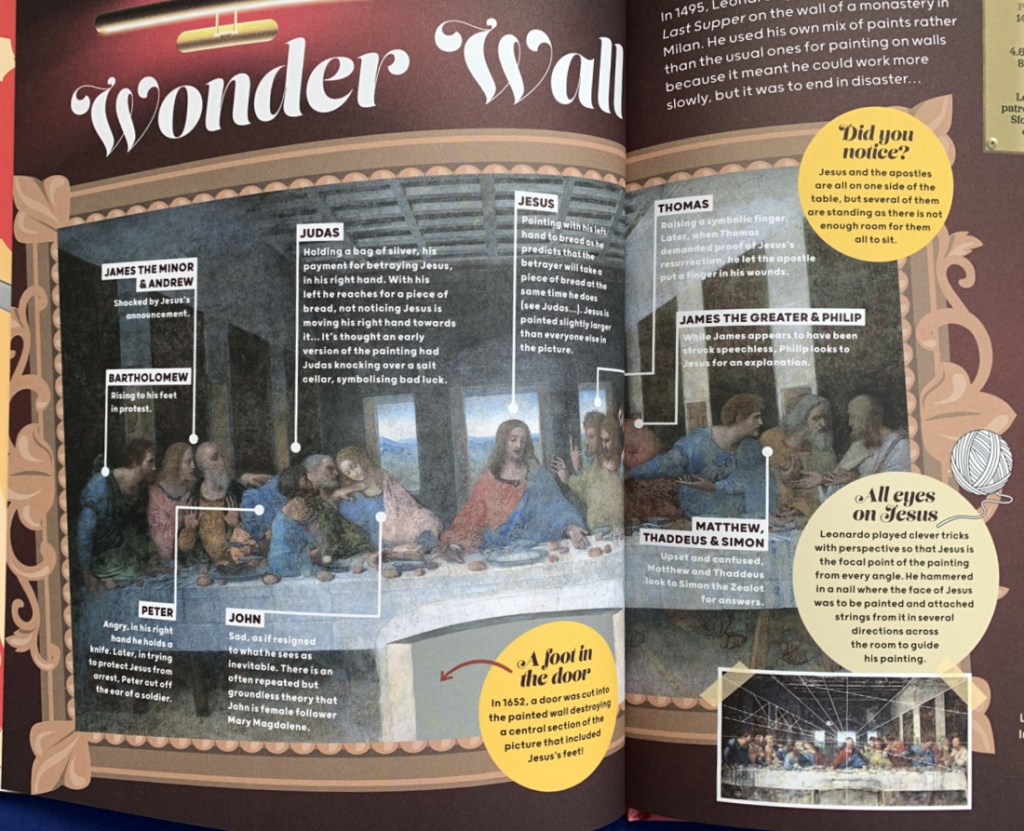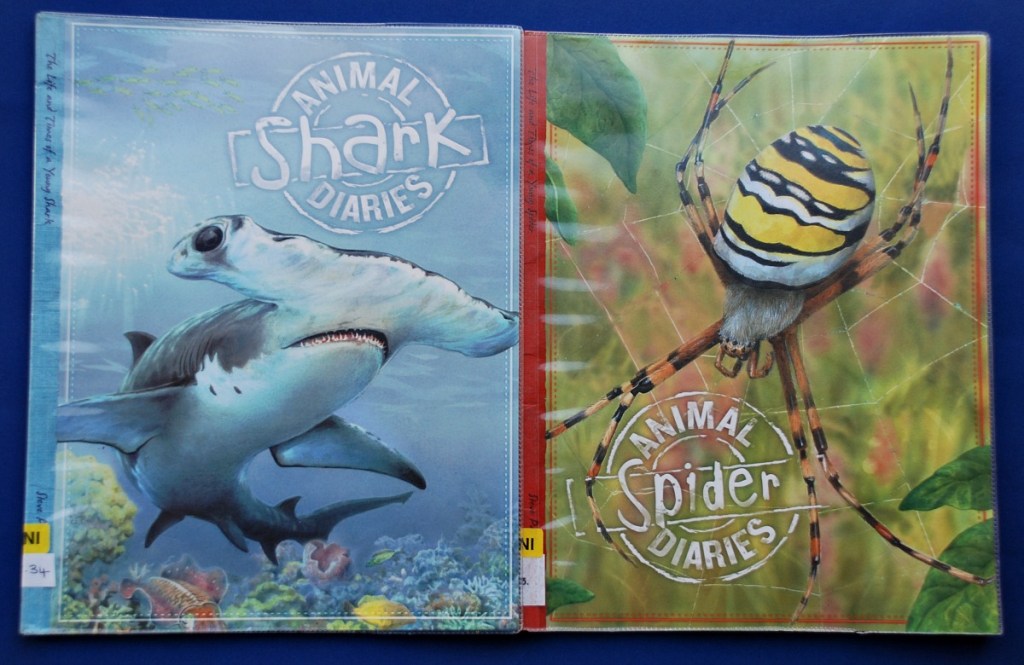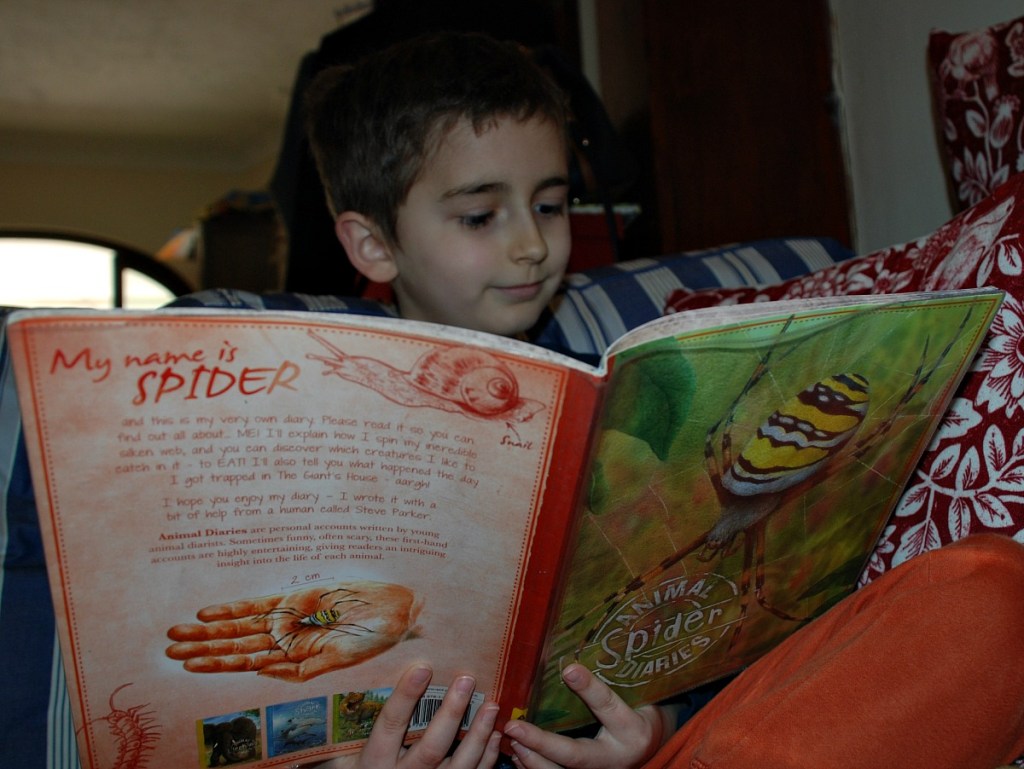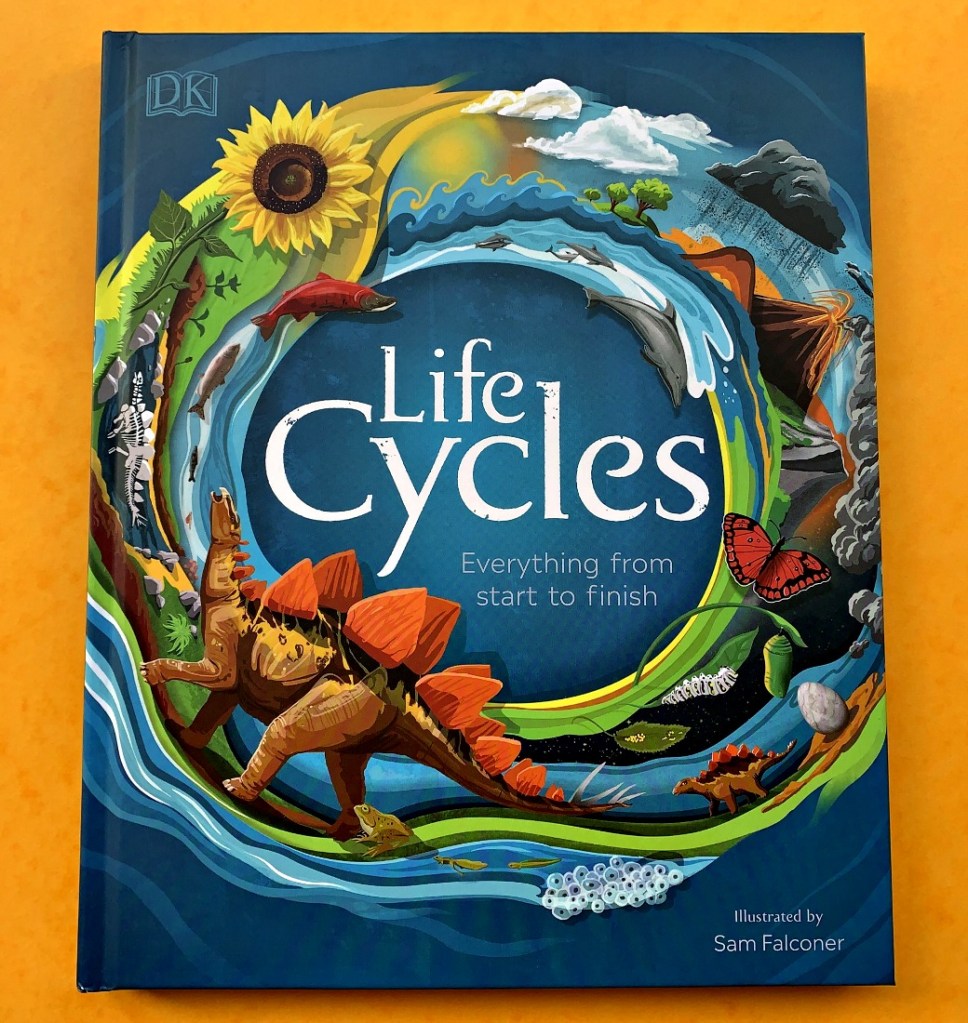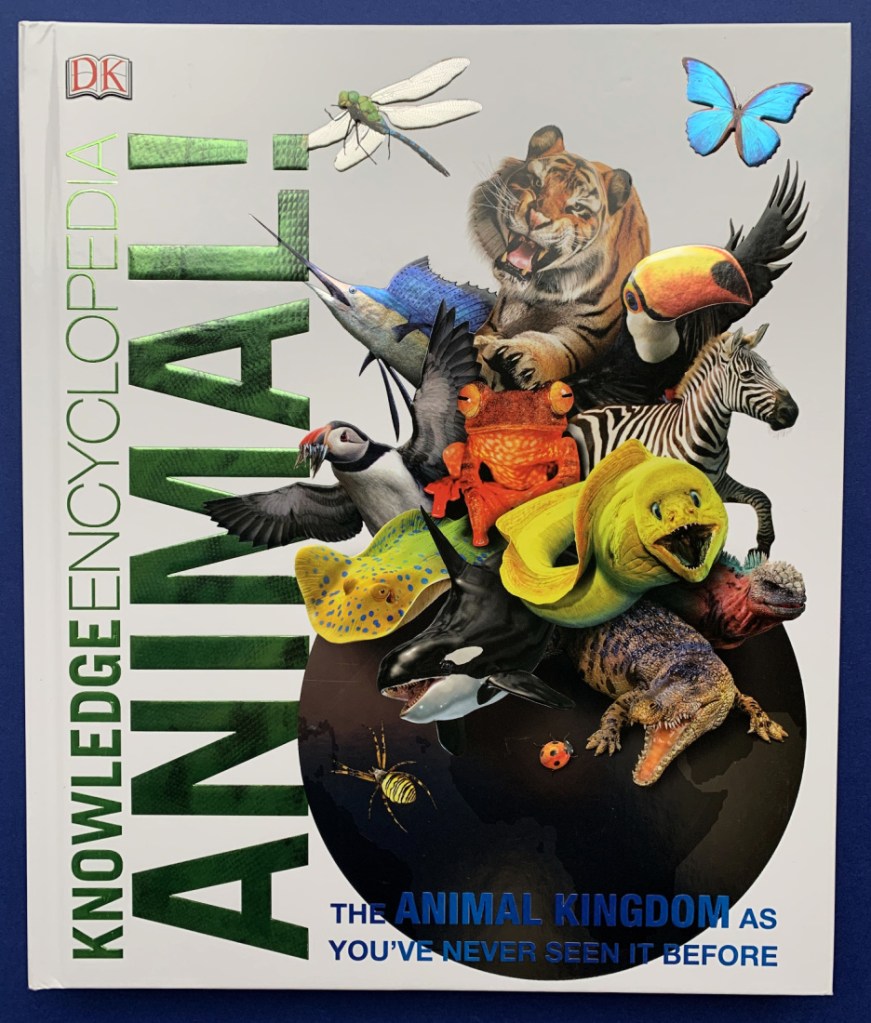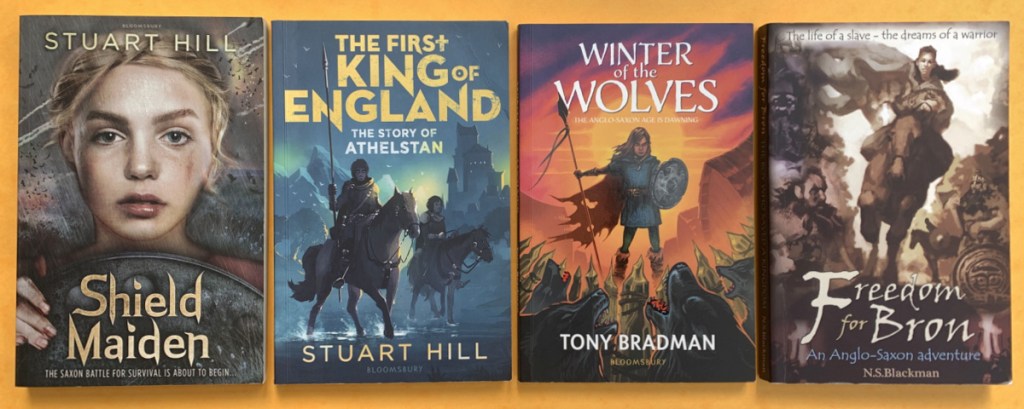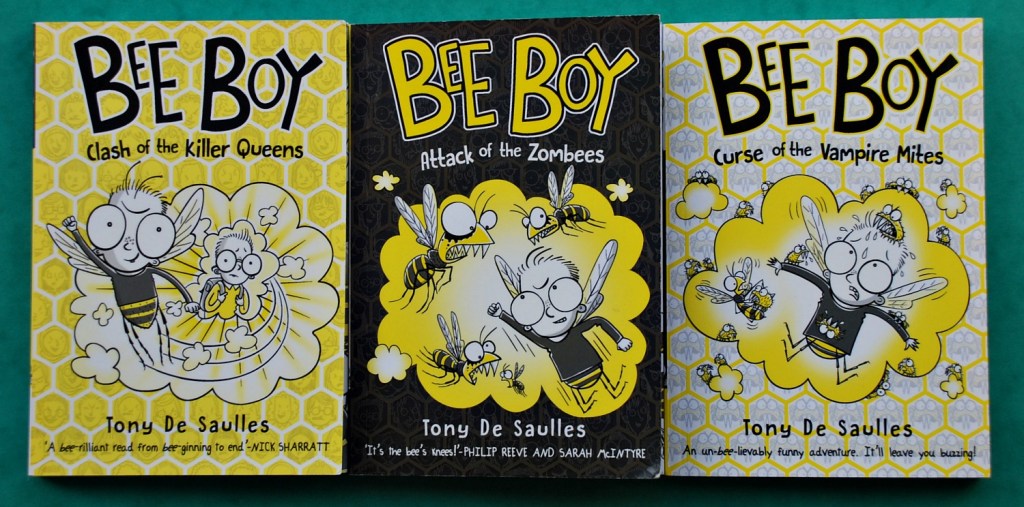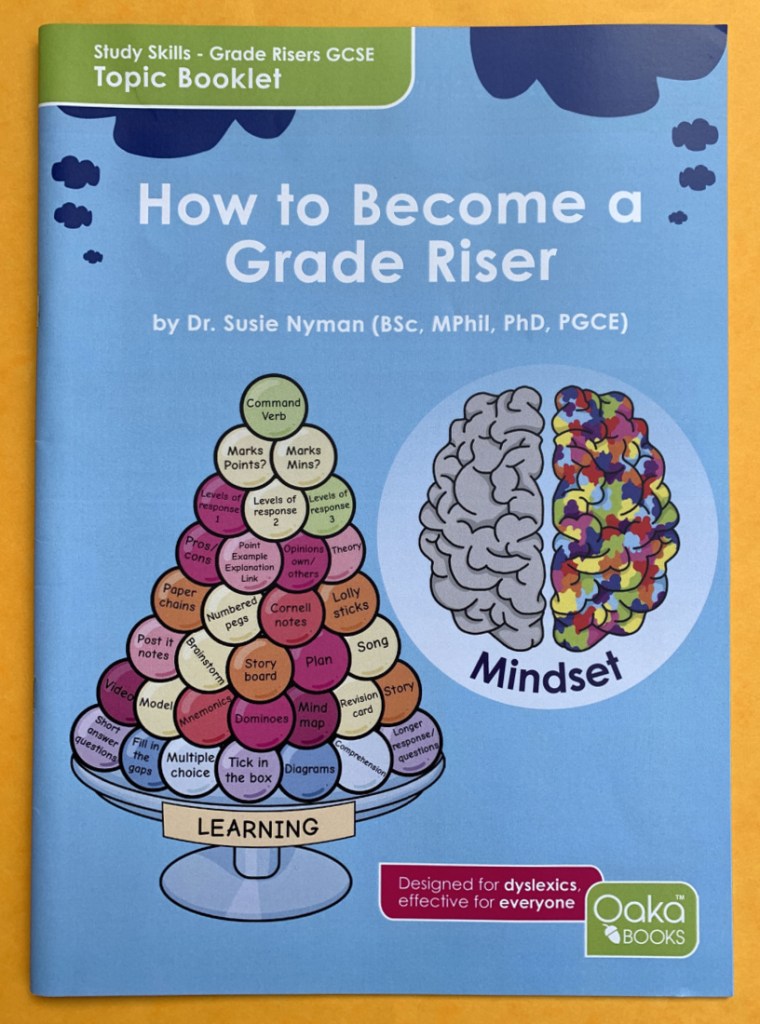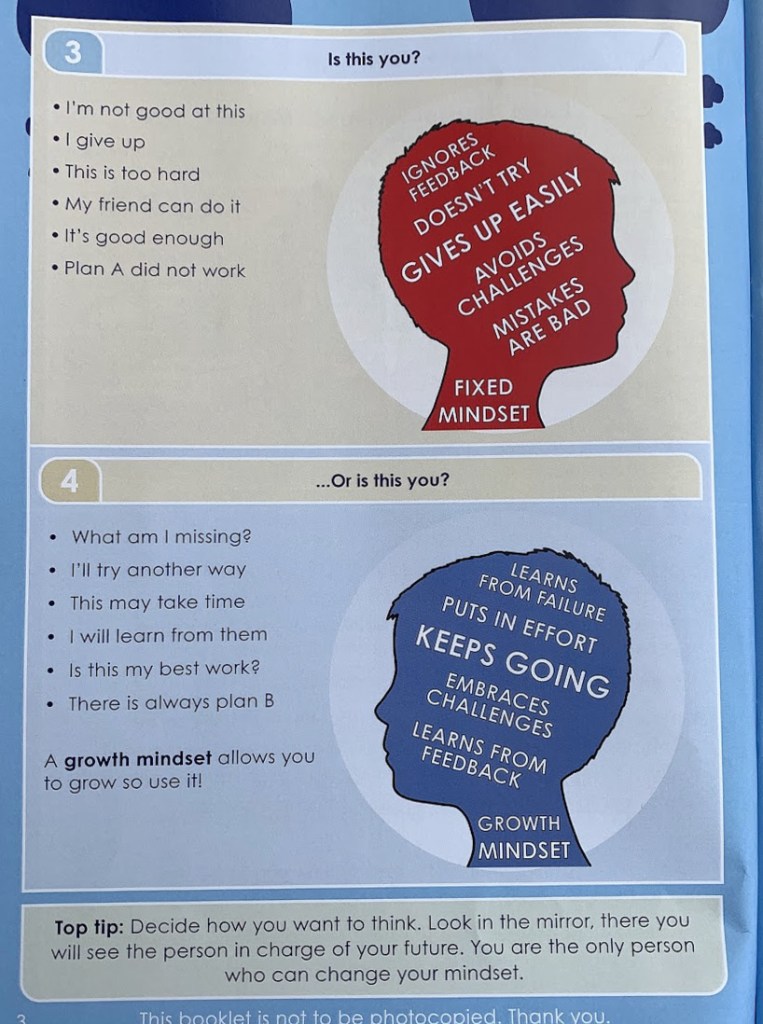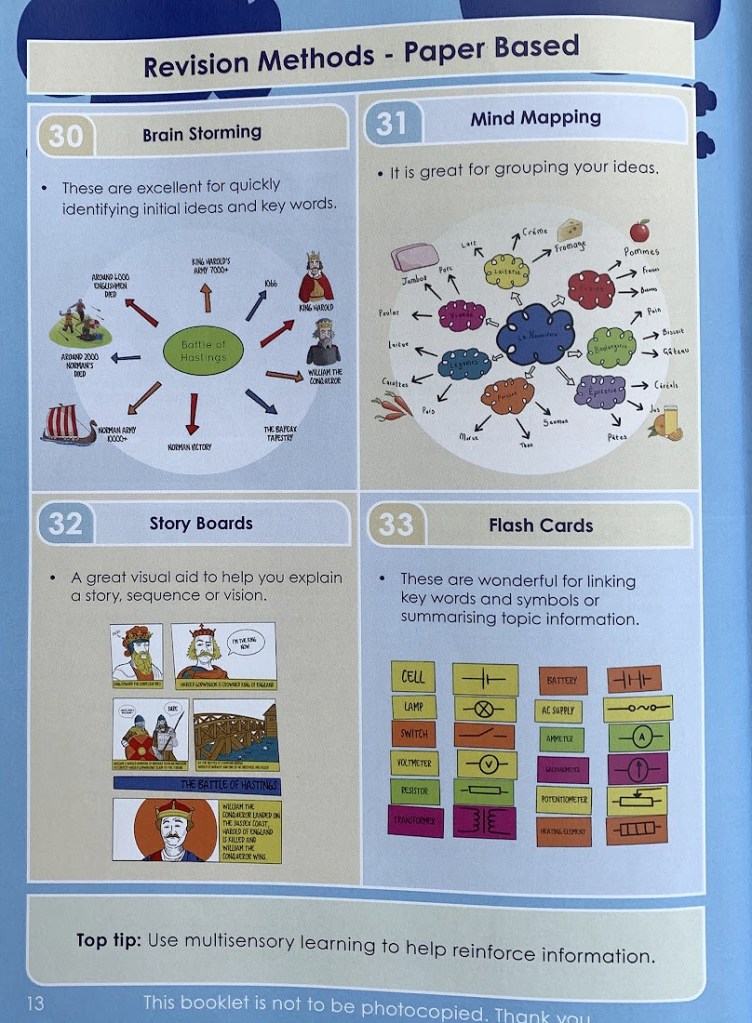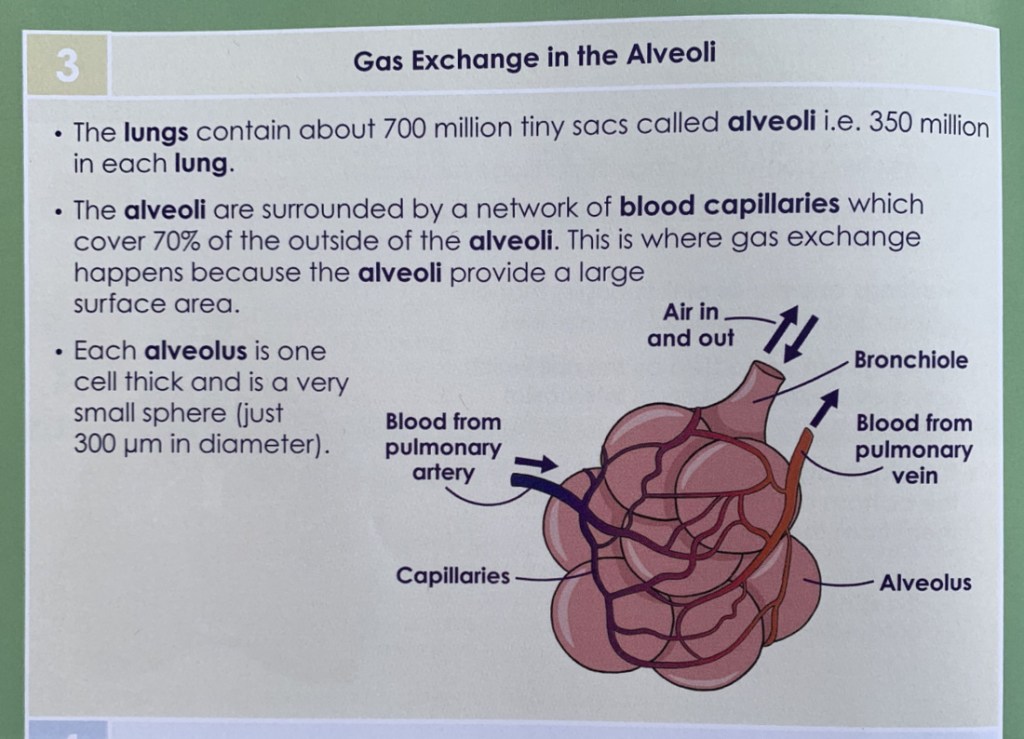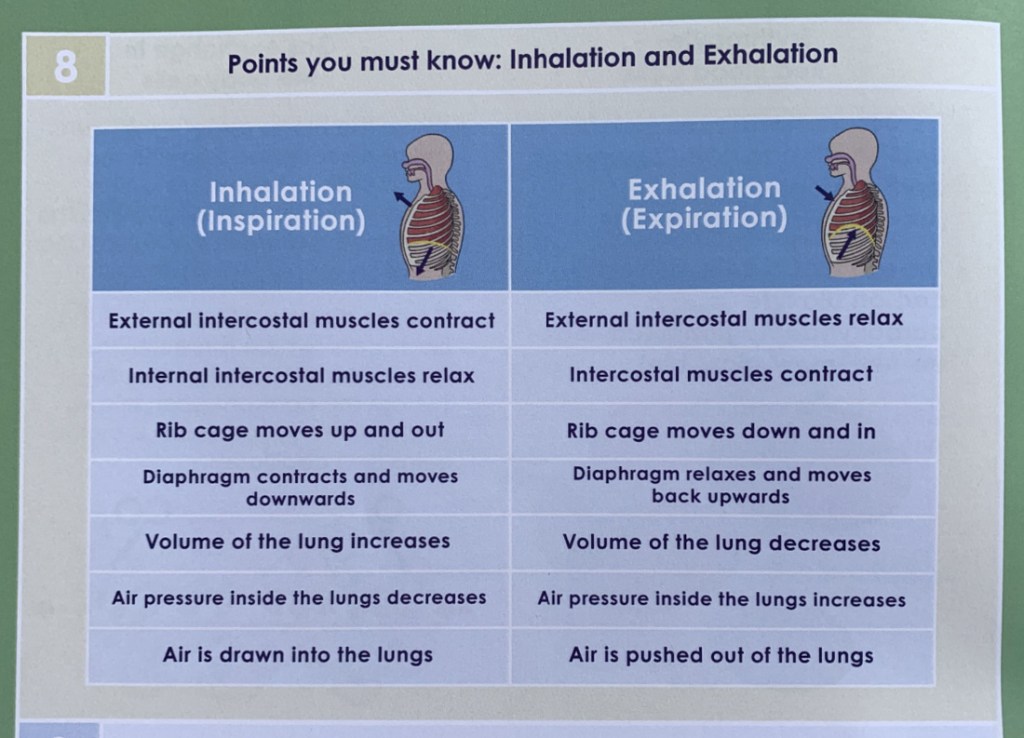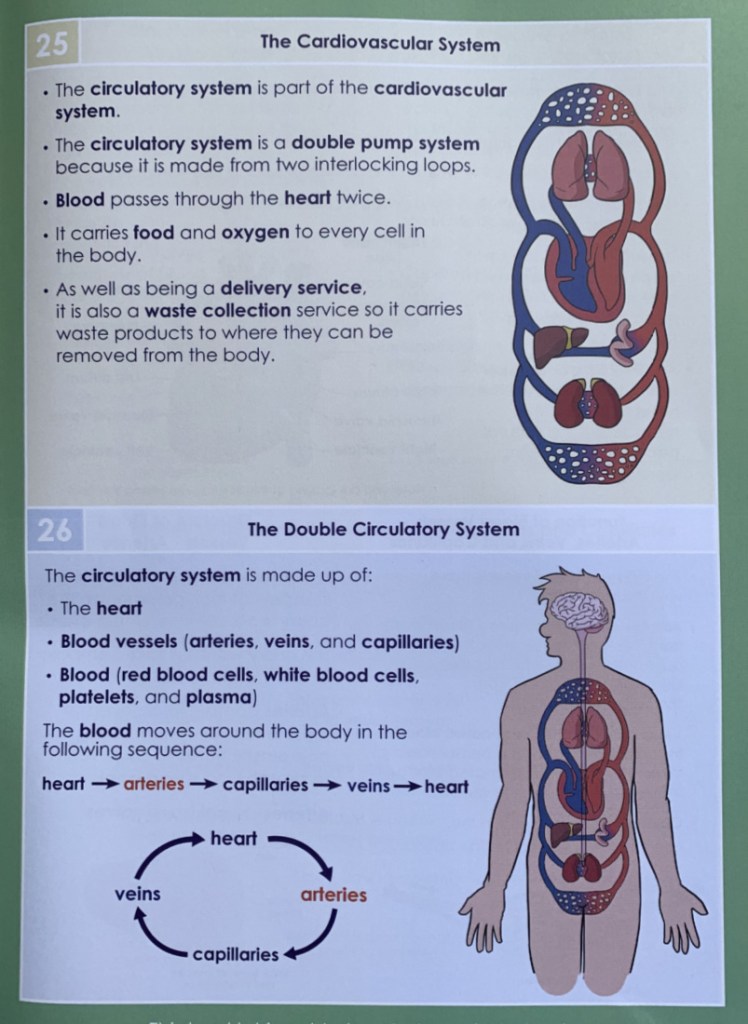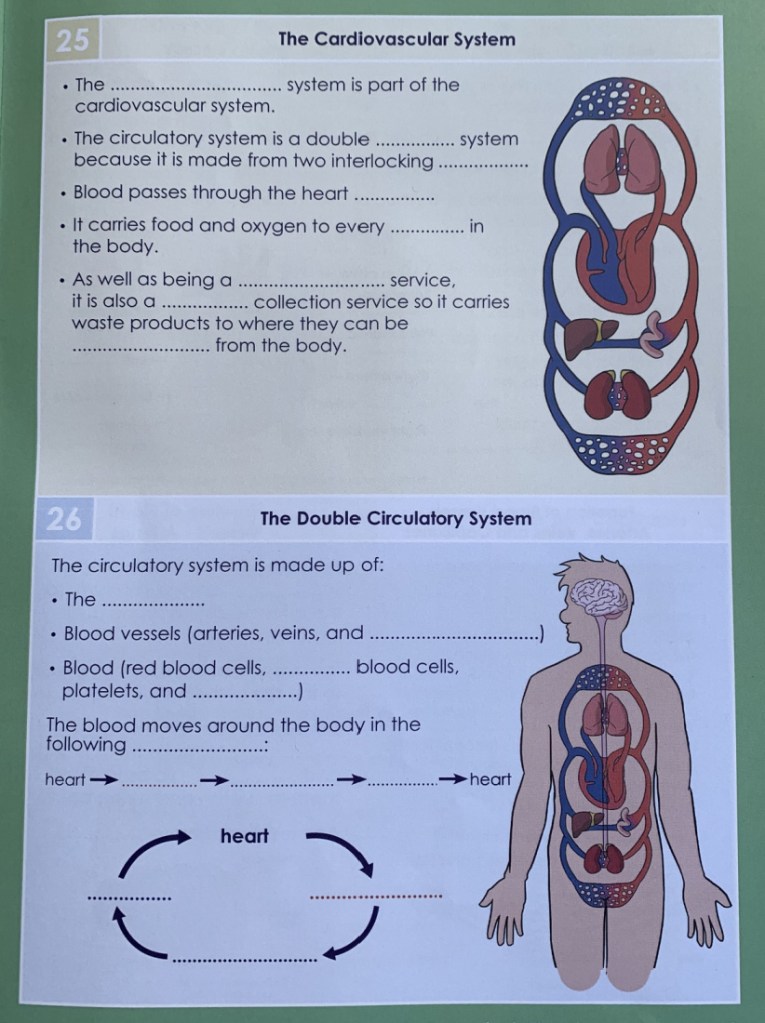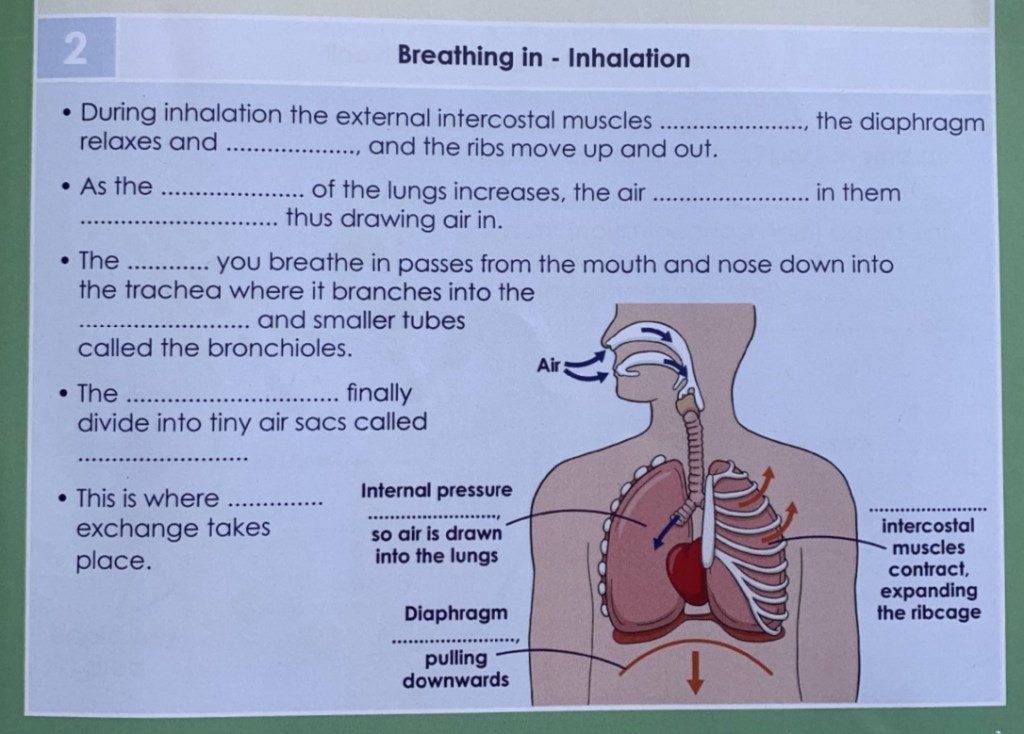I have written quite a few posts about the different World War One books that my kids have read but I thought it might be useful to do a summary posts of all the books so you can get a quick overview and if you want you can then go and read in more detail about the books that interest you. (My son has been going through a bit of a First World War reading phase so we have recently revisited some of these books which is why I thought of doing this.)

So I think it is best if I split the books into two categories – fact books and our historical fiction books. For fact books we have three (I am saying three because I feel like I need to include their KS3 Student book which deals with both the World Wars as one of them – by the way this is a brilliant student book). The Story of the First World War for Children, is a great book for primary aged kids. It really is a great summary of the key features of the First World War, it includes lots of interesting facts, key events and it is not too gory. This book was the first factual book that my kids read on the First World War and I really felt like it was a perfect introduction and well written for kids. (I say it is great for primary aged kids but my son who is Year 8 has been reading sections out of it).
Then The Battle of Passchendaele, is actually part of a reading series by Collins. We have quite a few of the books from this series and have been impressed with all of them. I liked this book because it focused on a key battle and it went into quite a bit of detail about the general life of the soldiers during the war.
Now the historical fiction stories that we have read and I must warn you there are quite a few. We love finding good historical fiction because it really makes that time period came to life and it is a great way for the kids to learn about everyday life.
I am going to start with one of the saddest books that we have read – Private Peaceful. I read this to my kids and honestly at the end I was crying and struggling to read. It really did pull at the heart but it was a powerful story about war, the life of soldiers and killing people thought to be deserters. If you are looking for World war One stories this one is a must read. It really is brilliant and one that is going to get your kids thinking deeply about a lot of issues around war. It is also a brilliant example of writing craft at its finest – there is a twist towards the end which I honestly did not see coming and wow, just really well written.
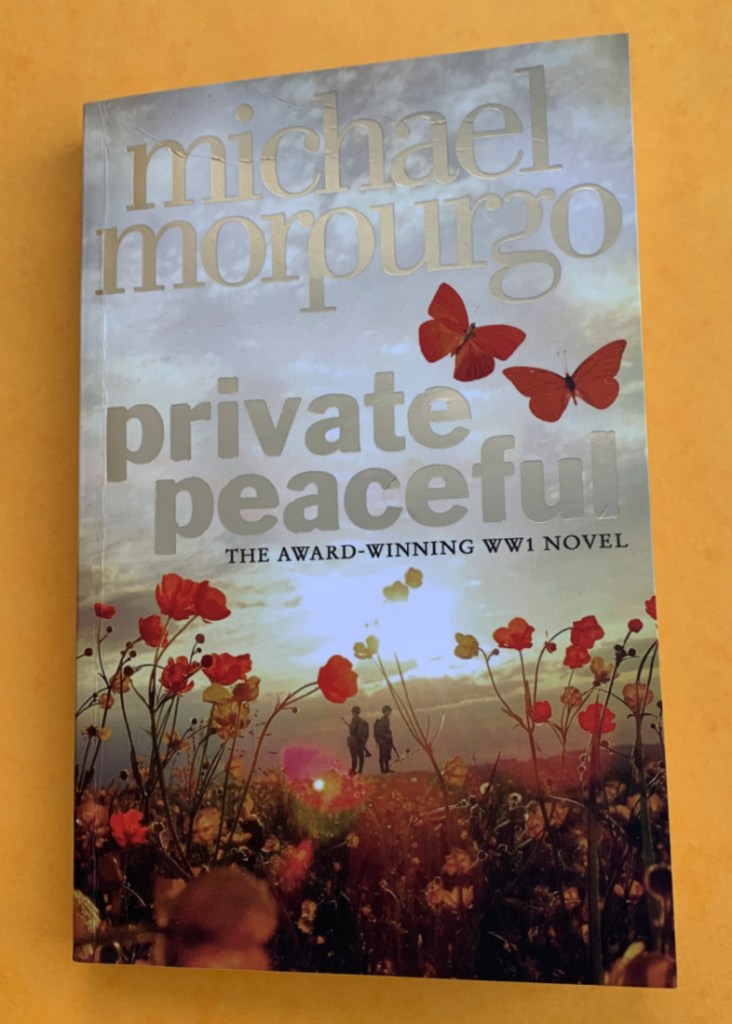
And sticking with Michael Morpurgo we also read War Horse. Most of you probably know about the movie but the book is MUCH better. It is another incredible story about relationships in time of war, and how even in the midst of all that death, people can still be good and kind. My son recently read this story and he honestly did not put it down, he just sat and read and read. It has been ages since I have seen him this involved in a story right from the beginning, all the way through and even now he is still talking about it.

One that is probably not as well know but one which we thought was brilliant – Soldier Dog. I have to say I thought this author did an incredible job describing the scenes, the way he describes no-man land was really very powerful. I must admit when we first tried this book I was a bit nervous that it might be a bit much for my sensitive daughter, but the author managed to strike a good balance between the grim realities of was with some lighter more human aspects (and it helps that the main family survive – my kids hate it when one of the main characters who they get invested in dies). If you enjoyed the first two Michael Morpurgo stories that I mentioned than you will enjoy this one too.
The Silver Hand, this is a great story about life of ordinary people at the “front line”. It revolves around a young french girl (who lives in the village that is right at the front line) and a young german boy who form an unusual friendship. It involves some spies and plots, it talks a bit about the resistance and some war medicine and health issues but nothing too hectic and the kids do get an idea of what it must have been like living in those conditions. Both my kids enjoyed the story (they were routing for the friends, worried that they may be discovered) and I liked the fact that it highlighted that even in war there are good people fighting on the “bad side”. I think this is an important lesson for all kids to learn. I would say in terms of reading age, this one is better for younger kids compared to the first three.
Okay and one which my son read recently – When the Guns Fall Silent. My son said it was a good read but he did say it brought the horrors of war to life more than the other books did, he also felt that it could have been a bit longer. I also read it and I thought it was a very moving story but I do agree that it was a bit more graphic than some of the other stories. So for us it was definitely a book more for my son than my daughter.
A slightly different book because it is a compilation of short stories, all true stories about animals in war time. It does cover a number of different wars so it is not just the First World War. But if you are looking for war stories this book does contain some brilliant short stories about incredible animals – Heroes, Incredible True Stories of Courageous Animals.
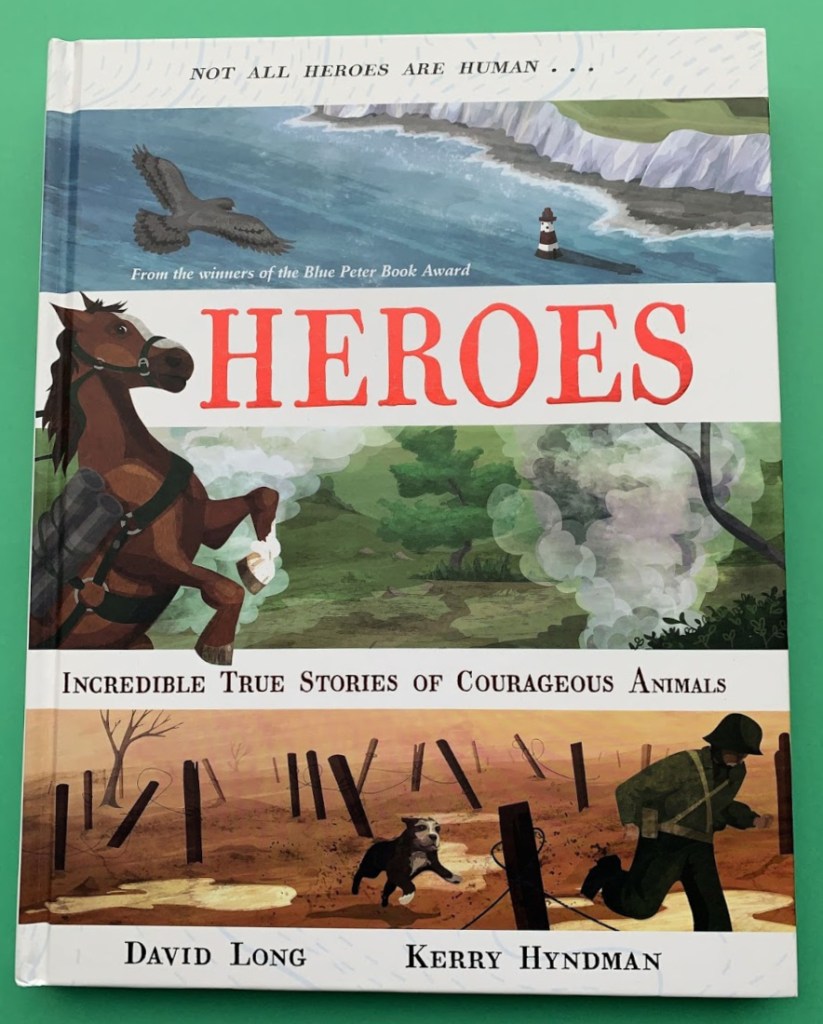
We find history fascinating and love reading books linked to significant events so I am sure we will discover more World War One books but for now these are that we have enjoyed and would happily recommend as good quality stories.
If you are interested in world war one resources then you may also be interested in these –
our soldier silhouette painting idea
free timeline cards of world war one
